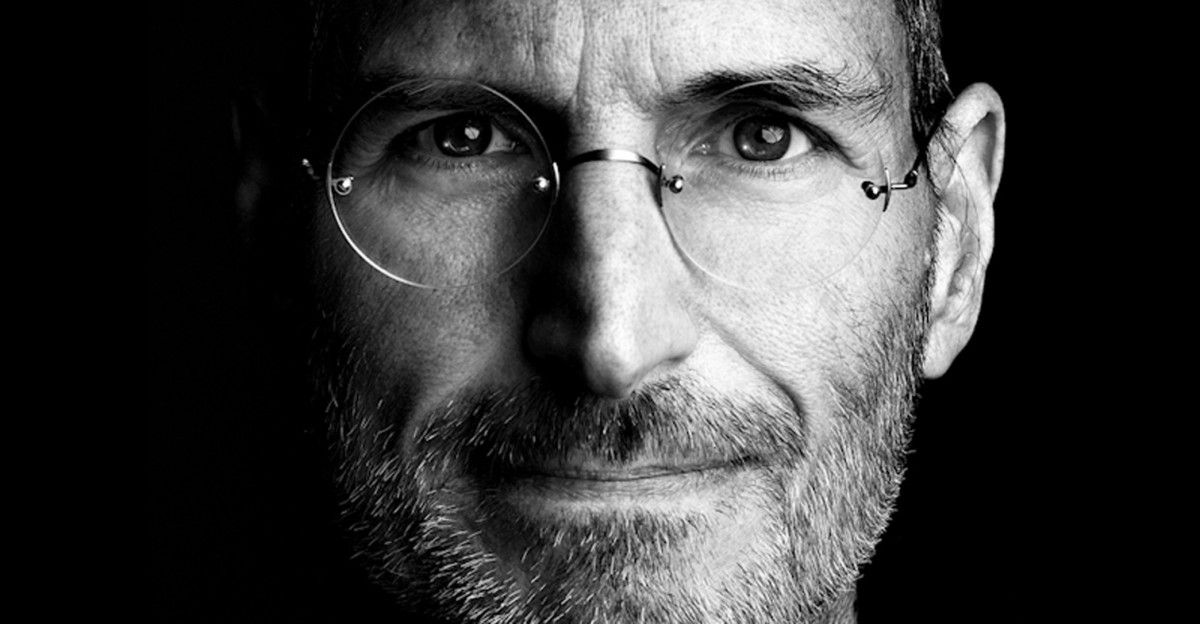Why Was Steve Jobs Better At Driving Innovation at Apple?
In Silicon Valley, you can’t avoid the game of comparing every company to Apple. There is no avoiding the success Apple has experienced. So what made Apple so successful at establishing its innovation leadership and avoiding the traps and roadblocks other companies’ experience? Was it the fact that

In Silicon Valley, you can’t avoid the game of comparing every company to Apple. There is no avoiding the success Apple has experienced. So what made Apple so successful at establishing its innovation leadership and avoiding the traps and roadblocks other companies’ experience? Was it the fact that the founder CEO was still involved? Or was it Steve?
In a way – yes. Steve was that rare breed of CEO who bucked the organizational challenges and provided the innovation leadership skills their companies needed.
Founder CEO
How did he do it? It’s not as mysterious as many would like to believe. He was a founder CEO. I’m not talking about equity ownership but the influence and emotional control that founders uniquely have. He wasn't the first founder CEO who used their unique position to provide innovative leadership to their organizations. This club includes such innovators as Walt Disney and Bill Hewlett/David Packard.
Founder CEO’s have a unique place in the business world. Founder CEO’s are able to take risks that others can’t.
Phil McKinney
So why are the founder CEO’s unique?
Founder CEO’s have a unique place in the business world. Their motivations are much more personal. The success of the business is more than just satisfying Wall Street’s drum beat of the quarterly results. The bond between the founder CEO and the company are inseparable (Can you separate Facebook from Mark Zuckerberg?). Founder CEO’s are willing and able to take risks that others can’t or won’t. Founding CEO never sees themselves leaving their company so they are there for the long term.
Non-founder CEO’s are employees. They are motivated by the compensation package put in place by the Board. They keep their job if they deliver the results the board dictates. No matter how powerful a CEO is, a non-founder CEO is challenged in their ability to use their position to take risks while having the patience needed for innovation success.
So what happens when the founder CEO is no longer around?
As with stock, nothing keeps going up and to the right forever. Just look at Disney and HP as two examples. Both companies have gone through significant leadership challenges post their founder CEO.
How can a company avoid post-founder CEO issues? Blow up the typical CEO compensation package. Create an incentive program that aligns with the longevity of the organization. For example, a CEO’s stock awards should mature far enough in the future so they are rewarded or penalized for their decisions.
What do you think is needed to drive innovation success after a founder CEO is gone?




